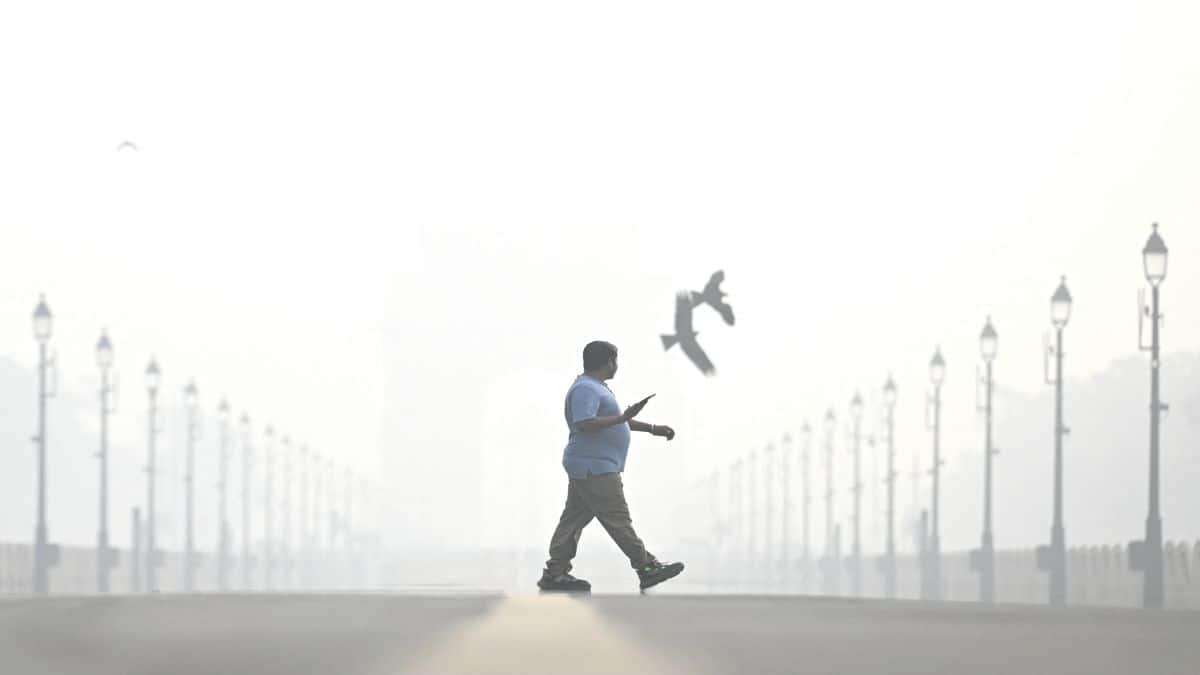Of no fixed abode: Former ward commissioner from Bongaigaon, left out of NRC, intends to fight for 'genuine citizens'
Syeda Ambia Zahan
• August 7, 2018, 23:12:09 IST
“Could I have held an elected post if I was not a citizen of this country?” says former ward commissioner Samrat Bhowal, his voice choking with emotion.
Advertisement
Find us on YouTube

No rain in Delhi after cloud seeding trials. Why did the experiment flop?
Delhi conducted cloud seeding experiments to induce artificial rain and reduce pollution but saw no rain due to low moisture in clouds. Despite no rain, the cloud seeding trials led to a slight improvement in air quality, with PM2.5 and PM10 levels dropping in targeted areas. More cloud seeding experiments are planned, depending on atmospheric conditions, to further address Delhi's pollution issues.
More Impact Shorts

)
)
)
)
)
)
)
)



